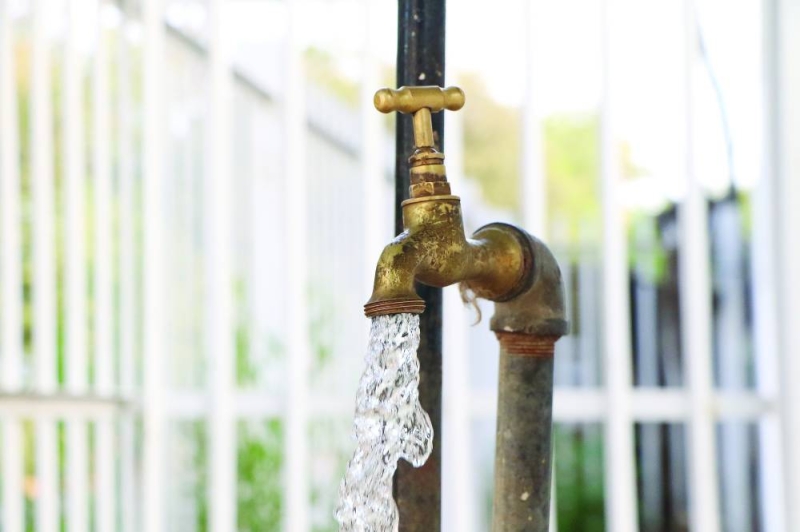UN: Gov't fails to satisfy safe water demand
Mpho Mokwape | Tuesday October 24, 2023 06:00


UN's Special Rapporteur on Human Rights and the Environment, Dr David Boyd, expressed concern over the scarcity of water, deeming it a human rights issue.
In the report scheduled for presentation to the UN Human Rights Council in March 2024, Boyd emphasised Botswana's inadequate provision of safe and sufficient water, urging a prioritisation of human rights over ecosystem needs and industrial demands. 'Water is a basic human right that should be prioritised above any other needs of ecosystems.
It should be prioritised above any industrial demands,' he stressed. Boyd, based on his visits to various regions, including Ghanzi, observed Batswana enduring long queues for water access.
He explained that during a visit to most regions of the country including Ghanzi, residents could not hold back about their struggles to access safe and sufficient water. 'Most residents have the desire to access safe and sufficient water and adequate sanitation facilities without having to wait in long queues,' he shared.
Highlighting instances of long queues, especially affecting women and girls waiting to access water from the only two standpipes that serve a community of over 1,000 people, he asserted that Botswana must meet its international human rights law obligation. 'Under the international human rights law, Botswana has a legal obligation to ensure that its residents have access to safe and sufficient water in their places of residence, work, study, and leisure,' he bemoaned. Addressing the challenges posed by climate change and the anticipated decline in precipitation, Boyd urged swift action to counter water scarcity.
'The UN agents in a Special Rapporteur on the Rights to Water and Sanitation have advised that climate science forecasts a decrease in precipitation levels across the country in the coming years which will coincide with a projected increase in population which will impact the already existing water scarcity,' he explained. He noted the need for Botswana to expand its pipeline to transport 200 million litres of water daily from the Okavango region to the southern parts of the country. While acknowledging this move, Boyd cautioned against ecological harm in heritage sites and potential negative impacts on the human rights of the local population connected to the delta.
He emphasised that water scarcity, exacerbated by climate change, extends beyond water access alone, affecting rights such as food, health, a clean environment, and cultural rights. Boyd urged government to swiftly adopt preventive and precautionary measures to secure safe and sufficient water for all. 'There is a need to focus on the prioritisation of human rights of citizens currently facing difficulties both in accessing clean, safe and sufficient water,' he said.
